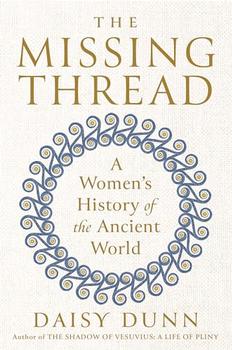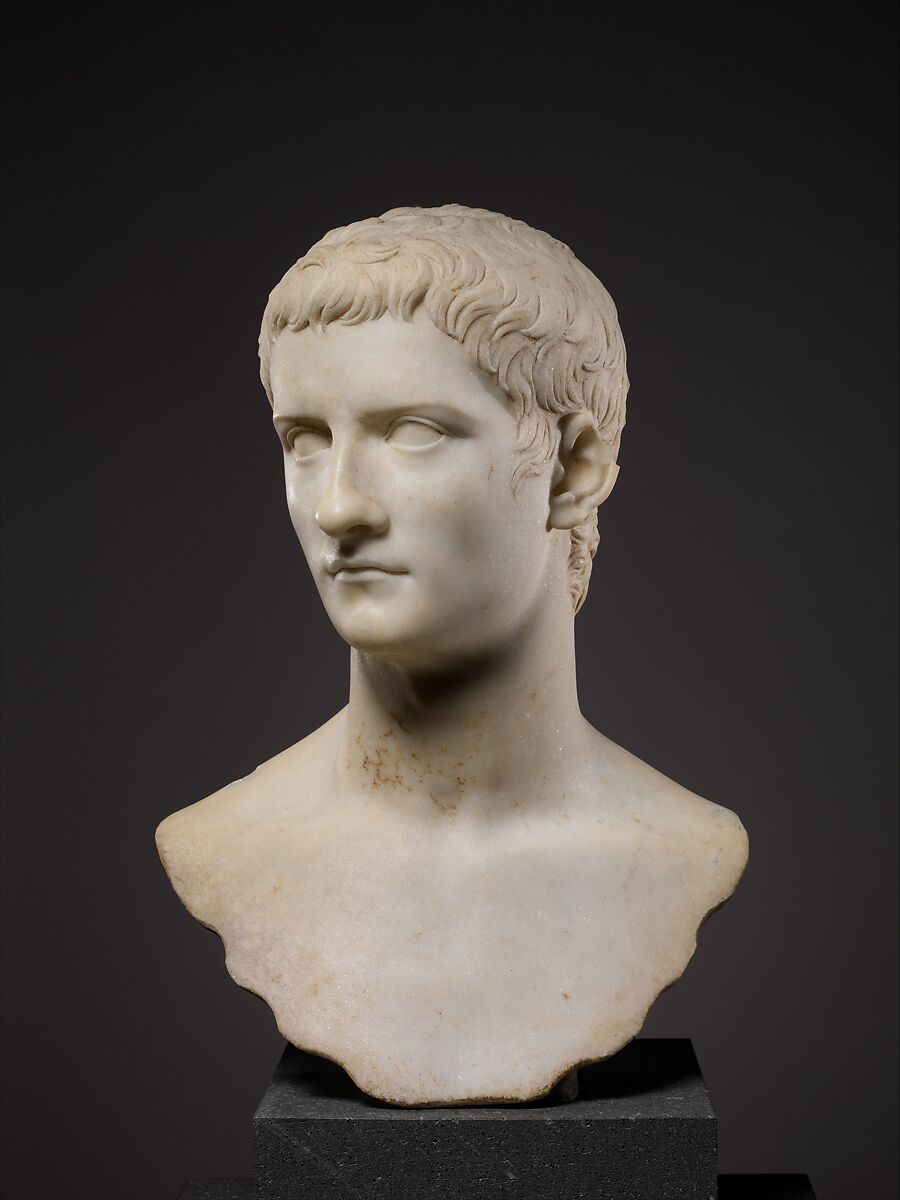Summary | Excerpt | Reviews | Beyond the Book | Read-Alikes | Genres & Themes | Author Bio

A Women's History of the Ancient World
by Daisy DunnThis article relates to The Missing Thread
 When you hear the word "classics," what jumps to mind? Literature over the centuries? Famous authors? For people entering university to study "classics," it means something quite specific. Classics is typically defined as the interdisciplinary study of the ancient Greek and Roman worlds, their interactions and exchanges with other ancient cultures, and their resonance to contemporary times. The curriculum for aspiring classicists is academically rigorous, with study in languages (Greek and Latin), literature, history, material culture, archaeology, philosophy, and more. Greek and Roman culture bequeathed an intellectual, political, and artistic heritage to the Western world that historians still glory in studying.
When you hear the word "classics," what jumps to mind? Literature over the centuries? Famous authors? For people entering university to study "classics," it means something quite specific. Classics is typically defined as the interdisciplinary study of the ancient Greek and Roman worlds, their interactions and exchanges with other ancient cultures, and their resonance to contemporary times. The curriculum for aspiring classicists is academically rigorous, with study in languages (Greek and Latin), literature, history, material culture, archaeology, philosophy, and more. Greek and Roman culture bequeathed an intellectual, political, and artistic heritage to the Western world that historians still glory in studying.
In an Intercollegiate Studies Institute article, Bruce S. Thornton, a classicist at California State University, Fresno, expands on the important role the discipline plays in Western education and culture, since "a familiarity with classics provided an understanding of the roots of Western culture, the key ideals, ideas, characters, stories, images, categories, and concepts that in turn made up a liberal education, or the training of the mind to exercise the independent, critical awareness necessary for a free citizen in a free republic."
One example of the demands of a degree in Classics is the foundational requirement to learn to read Greek and Latin, including mastering their vocabulary, grammar, syntax, and morphology. Students learn to master the languages through selected readings of ancient Greek and Roman authors, thereby exposing their minds to some of the greatest ideas, literature, and writers in history. Fidelity to the Greek and Roman languages provides an "empirical, concrete procedure [that] makes it difficult to get away with fuzzy or interested readings" on the part of the student, Thornton writes.
Apart from its application to several humanities and social science disciplines (like history, philosophy, literary criticism, architecture, and politics), more technical concentrations within classics include epigraphy (the study of inscriptions), papyrology (study of writing on papyrus), and textual criticism (examining all surviving versions of an ancient text with the goal of establishing the most definitive one).
Although the classics might seem like a fusty discipline resistant to change, this stereotype has been challenged in recent years. According to an Inside Higher Ed opinion piece by Max L. Goldman and Rebecca Futo Kennedy, "The real story is that classics departments and programs in the United States have been undergoing a steady transformation for many years, often changing the focus of our curricula and scholarship to incorporate the ancient Greco-Roman world more broadly, to expand the varieties of evidence and methodologies, and to emphasize modern receptions."
Even the name of the discipline could evolve, moving from Classics to more specific titles like Greek and Roman studies or ancient Mediterranean studies, thereby contextualizing Greek and Roman cultures alongside others in ancient Africa, West/Central Asia and the Levant. Other suggestions to broaden the classics model to include premodern people could also help "alleviate some of the historic racial and class exclusions" that the discipline has been accused of in the past, Goldman and Kennedy write. This evolving perspective feels especially urgent in light of some white nationalist groups' appropriation of Hellenic culture to promote racist ideologies.
Whether the discipline goes by Classics or another name, few could deny the importance of understanding ancient peoples and their history, which, even millennia later, still has so much to say to our society.
Marble portrait bust of the emperor Gaius, known as Caligula, Roman, 37-41 CE, courtesy of The Metropolitan Museum of Art
Filed under Cultural Curiosities
![]() This "beyond the book article" relates to The Missing Thread. It originally ran in July 2024 and has been updated for the
July 2024 edition.
Go to magazine.
This "beyond the book article" relates to The Missing Thread. It originally ran in July 2024 and has been updated for the
July 2024 edition.
Go to magazine.
Your guide toexceptional books
BookBrowse seeks out and recommends the best in contemporary fiction and nonfiction—books that not only engage and entertain but also deepen our understanding of ourselves and the world around us.